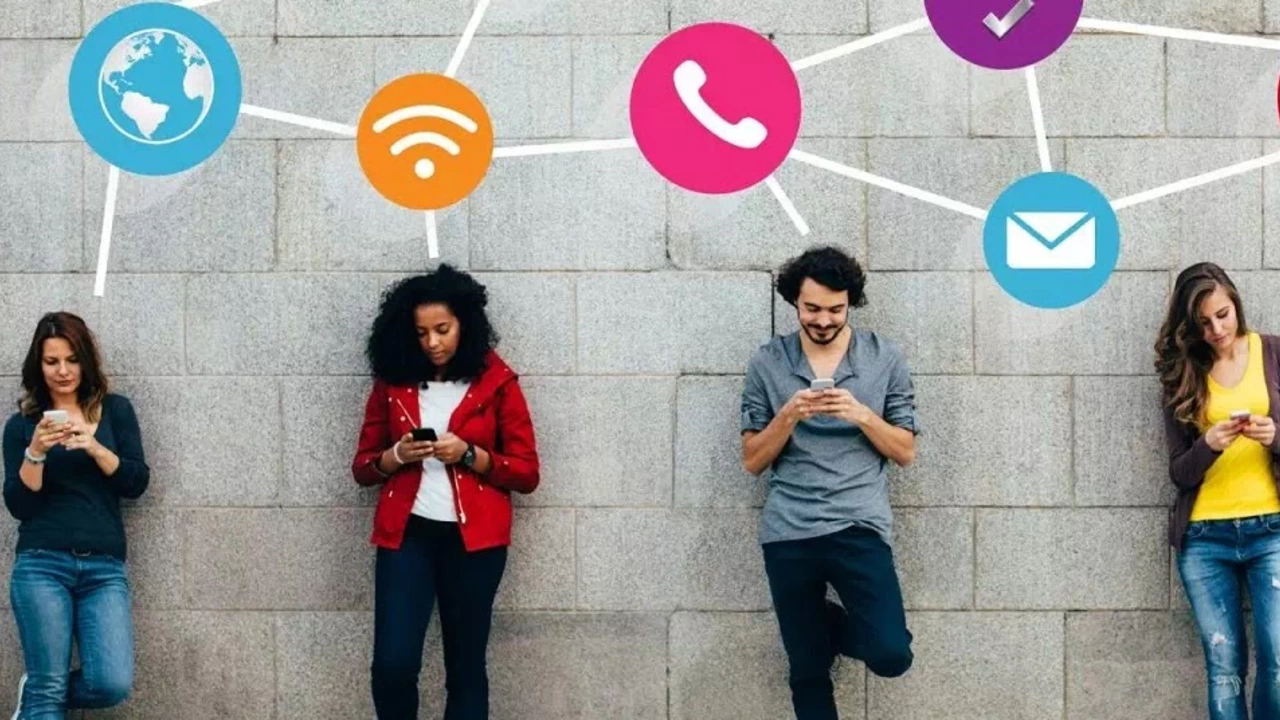The Illusion of Connection
In the digital age, social media is often hailed as a tool for forging connections. However, these connections can be superficial and misleading. We may have hundreds or even thousands of 'friends' or 'followers' on social media, yet feel alone in real life. This is because the interactions on social media often lack the depth and intimacy of face-to-face communication. They can feel staged or insincere, as people tend to present only the best, most glamorous aspects of their lives on social media. This can lead to feelings of inadequacy and loneliness, as we constantly compare our own lives to the seemingly perfect lives of others.
The Impact on Mental Health
Several studies have linked excessive social media use to mental health problems such as anxiety, depression, and low self-esteem. One reason for this is the constant comparison with others, which can lead to feelings of inferiority. Social media can also be a source of cyberbullying, which can have devastating effects on mental health. Plus, the addictive nature of social media can lead to unhealthy habits, such as spending too much time online and neglecting real-life relationships and responsibilities.
The Spread of Misinformation
Another major problem with social media is the spread of misinformation. Fake news spreads six times faster than true news on social media, according to a study by MIT. This can have serious consequences, from influencing elections to inciting violence. The algorithms used by social media platforms often prioritize sensational and controversial content, which can further amplify the spread of misinformation.
The Erosion of Privacy
Social media platforms often collect a vast amount of personal data, which can be used for targeted advertising and even sold to third parties. This can lead to a loss of privacy and potential misuse of personal information. In addition, people often share more about themselves on social media than they realize, which can expose them to risks such as identity theft and online harassment.
The Promotion of Consumerism
Social media is also a powerful tool for promoting consumerism. Influencers, ads, and sponsored posts constantly encourage us to buy more and more. This can lead to excessive spending and contribute to a culture of materialism. Furthermore, the constant exposure to ads can be annoying and intrusive, disrupting our online experience.
The Distortion of Reality
Social media often presents a distorted view of reality. People tend to share only the best moments of their lives, creating a 'highlight reel' that can make others feel inadequate. This can lead to unrealistic expectations and dissatisfaction with our own lives. In addition, the use of filters and photo editing apps can contribute to unrealistic beauty standards, leading to body image issues and unhealthy beauty practices.
The Addiction to Social Media
Social media can be addictive. The constant notifications, likes, and comments can give us a dopamine hit, making us crave more. This can lead to excessive screen time, which can have negative effects on our physical health, such as eye strain and poor posture. It can also interfere with our daily life, causing us to neglect our work, studies, or personal relationships. In severe cases, it can even lead to internet addiction disorder, a recognized mental health condition.
